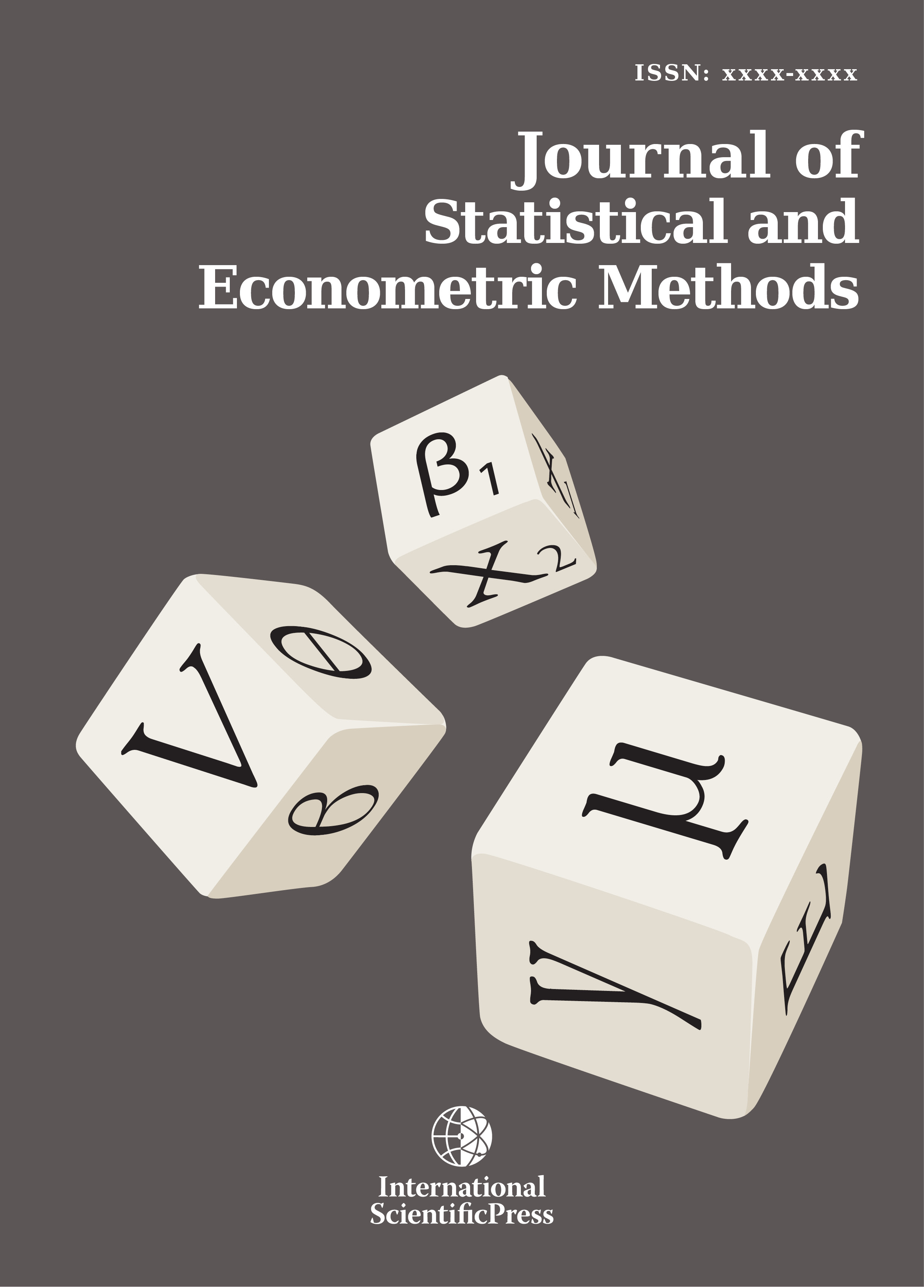Journal of Statistical and Econometric Methods
Are External Financial Liberalization and Corruption Control Substitutes in Promoting Growth? Empirical Evidence from MENA Countries
-
 [ Download ]
[ Download ]
- Times downloaded: 11598
-
Abstract
We study empirically how the positive effects of capital account liberalization on economic growth can be magnified or reduced by Corruption control. We develop a model in which Corruption control and capital account liberalization promote growth, but acts as substitutes. We test this substitutability by predicting growth in Mena Countries region using measures of capital account liberalization, Corruption control and a key interaction term. Empirical evidence from an analysis of dynamic panel data supports our theoretical predictions. Results confirm the positive effects of financial liberalization and Corruption control, respectively on growth. The interaction term coefficient is itself significant across a variety of specifications and suggests that financial liberalization and low Corruption are substitutes in promoting growth. Another finding is the presence of a threshold effect on Corruption control when measuring the impact of financial liberalization on economic growth. That is the growth impact of improving financial liberalization is higher when Corruption level is high. These results can contribute to the recent policy debate on the strengths and weaknesses of capital account liberalization on developing countries, with a special focus on Mena region.
